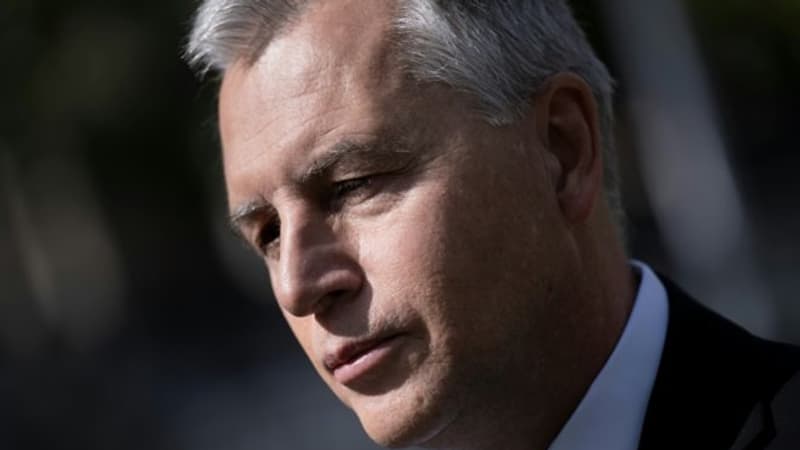The International Monetary Fund (IMF) criticized on Wednesday the electricity price subsidies planned by Germany to help its industrialists and which constitute the bone of contention within the ruling coalition in Berlin. “We recommend not subsidizing electricity for the manufacturing industry in Germany,” Alfred Kammer, the IMF’s European director, said during a video conference with reporters in Brussels.
Countries with large manufacturing sectors slow more
The issue of aid to industrial companies with high energy consumption, greatly affected by the increase in electricity prices linked to the war in Ukraine, divides the German government. The Minister of Economy, the environmentalist Robert Habeck, supported by industrial circles, has been advocating for months to limit the price of electricity in favor of industries with high energy consumption, such as chemicals or steel, a measure that the Minister of Economy rejects. Finance. Christian Lindner, because it would imply new public spending. Chancellor Olaf Scholz called for a compromise. “We will find a good solution (…) that will effectively contribute to ensuring that there is no company that does not survive this situation” of high prices, he promised at the end of October.
In its latest forecasts, the IMF expects German gross domestic product to fall by 0.5% in 2023, one of the worst results among European economies. In Europe, “countries with the largest manufacturing or energy-intensive sectors are slowing more than those that depend on services and tourism,” the IMF says in a report on the region’s economy, published on Wednesday. The euro zone as a whole would see its GDP increase by 0.7% this year, marking a clear slowdown compared to the 3.3% growth recorded in 2022.
Source: BFM TV


